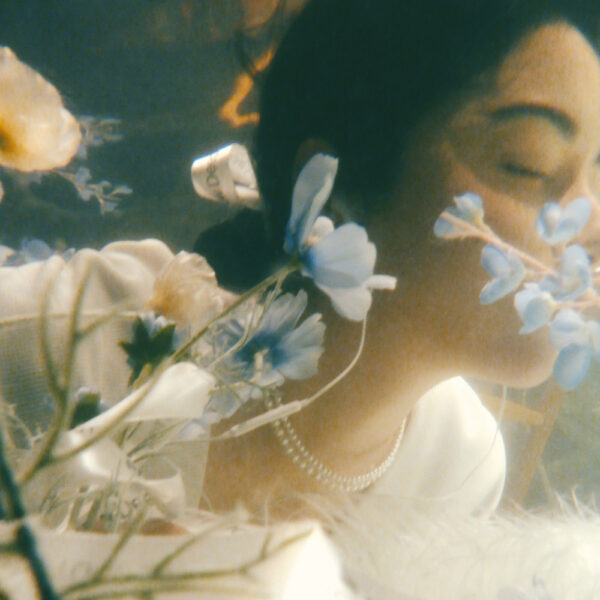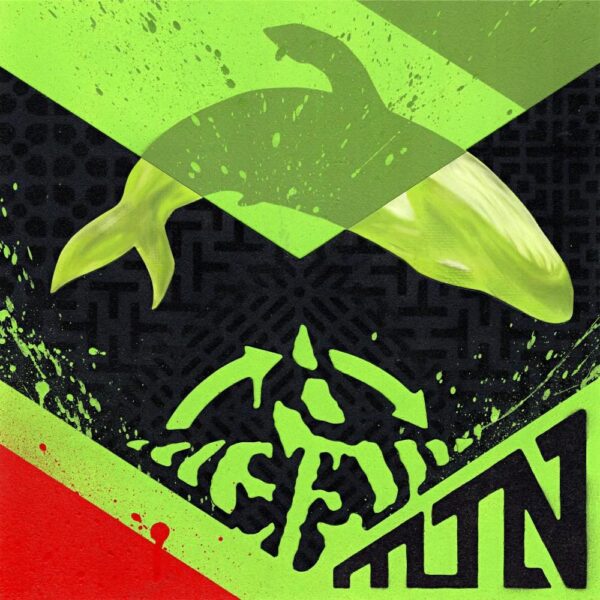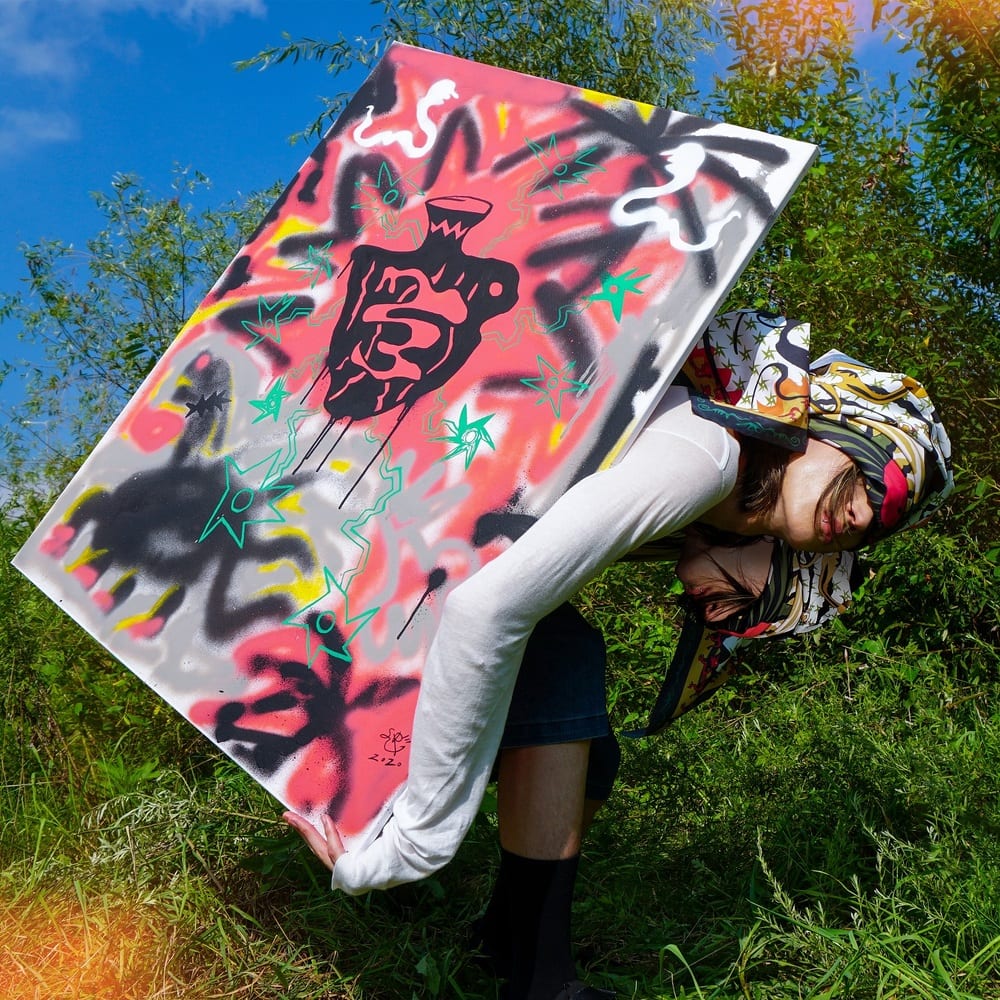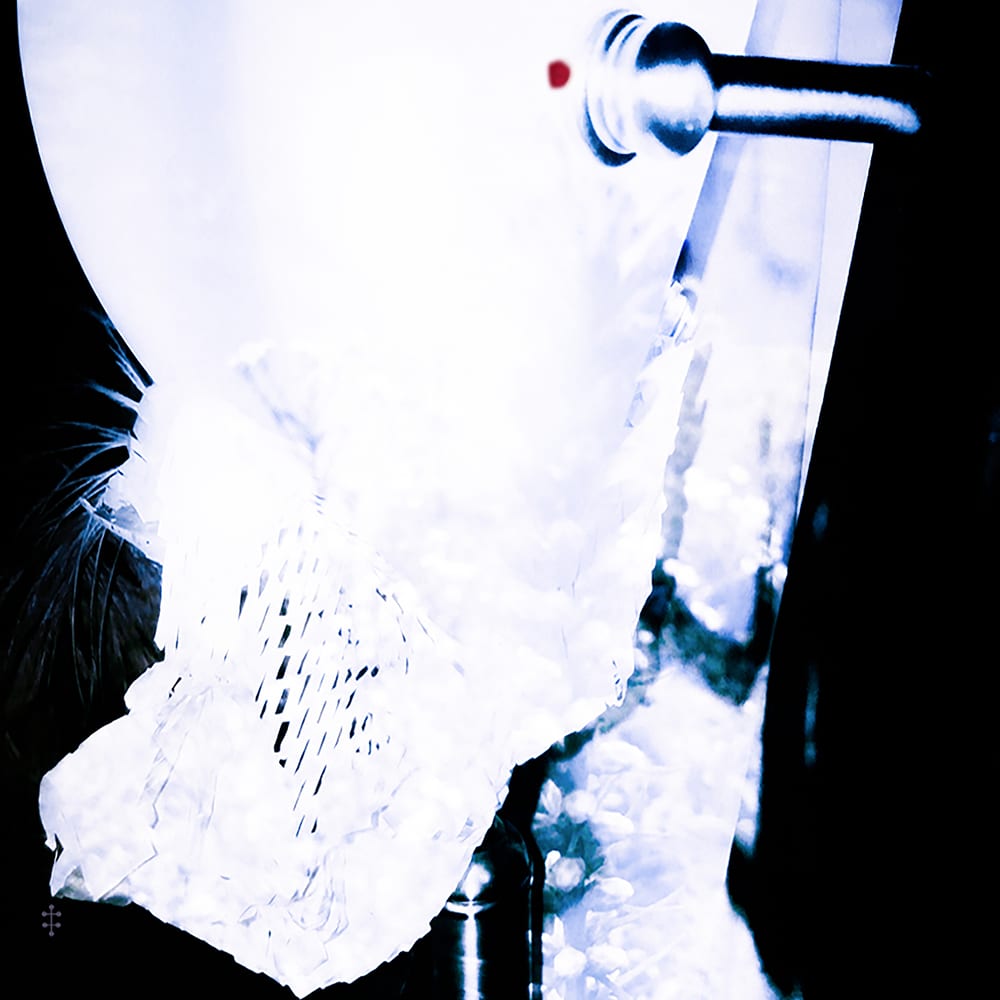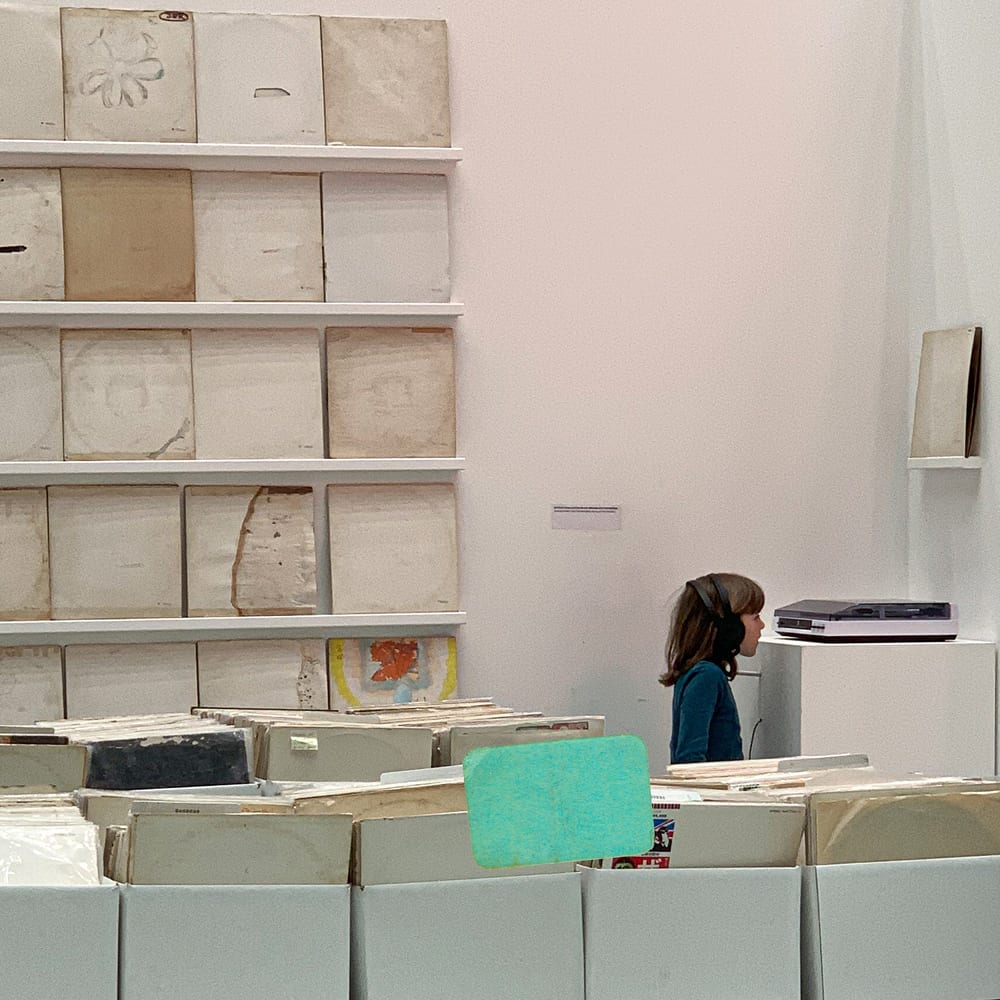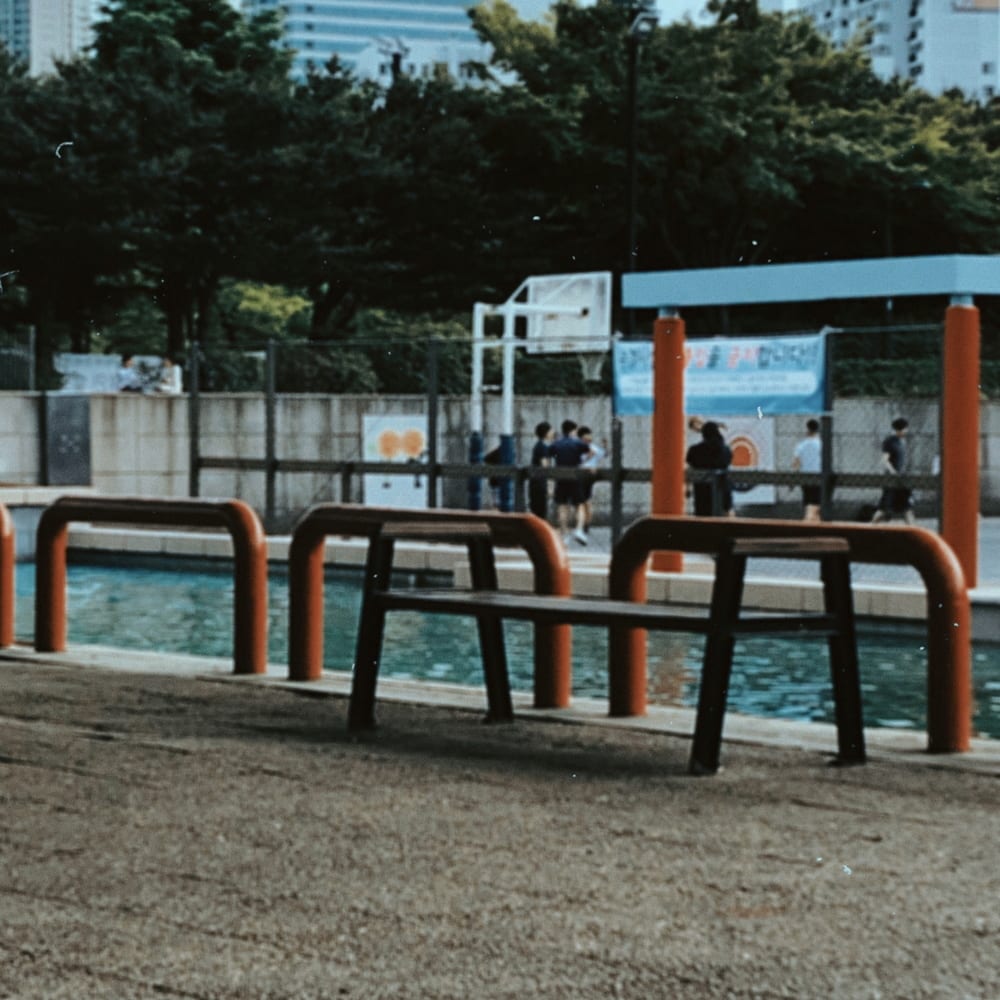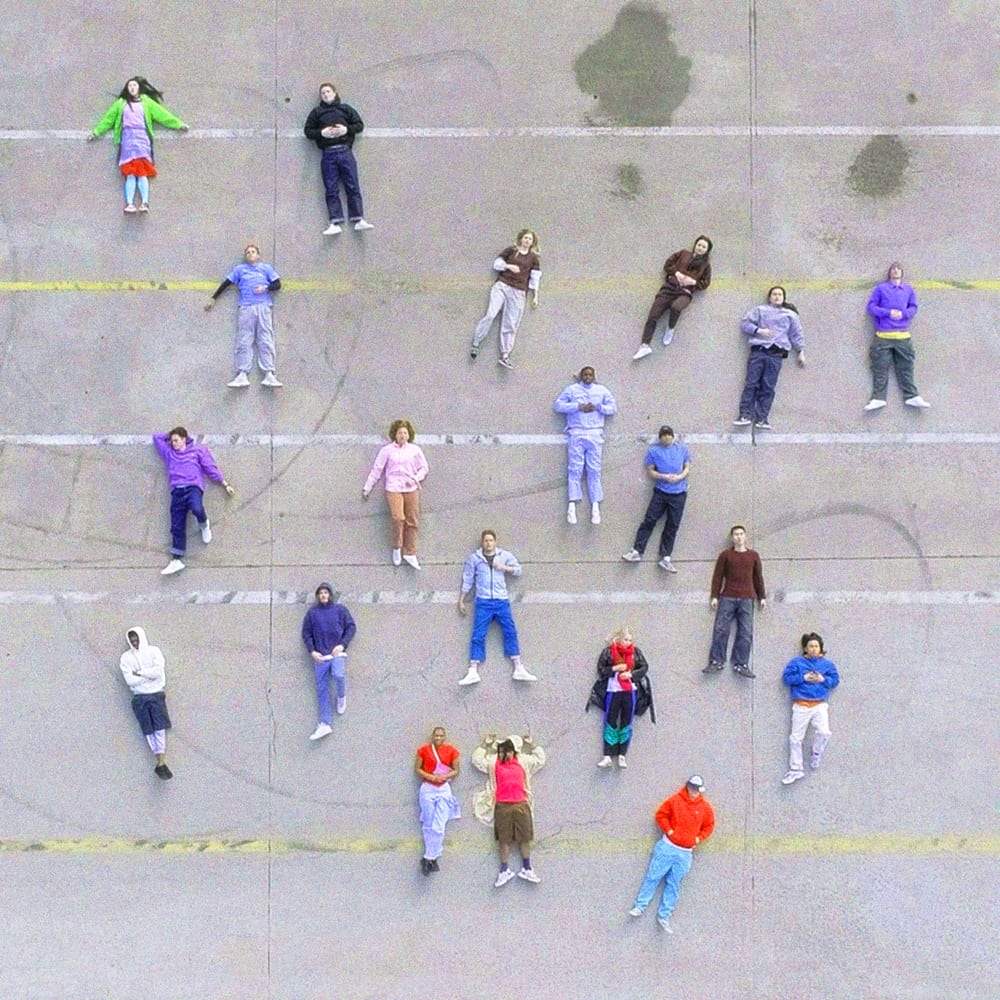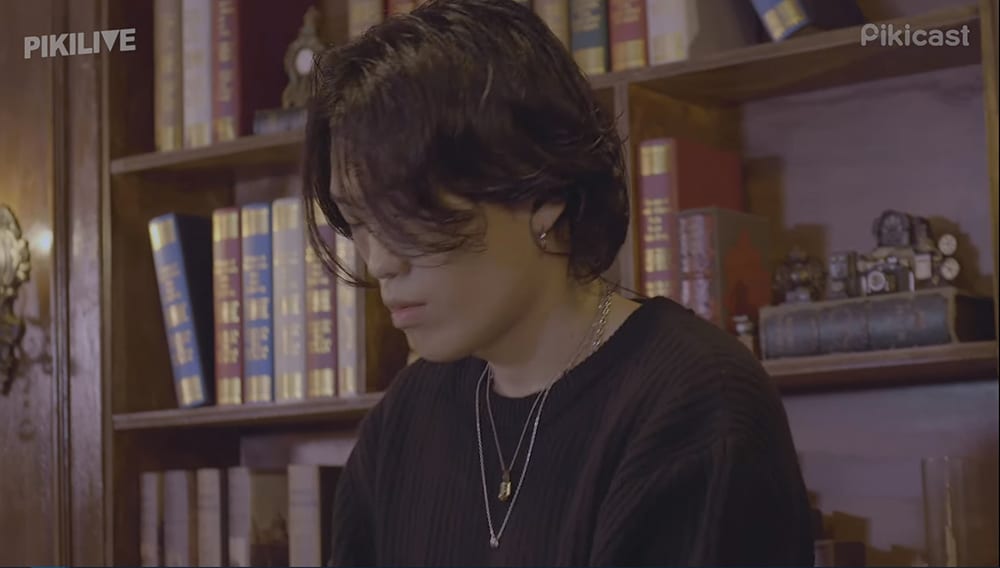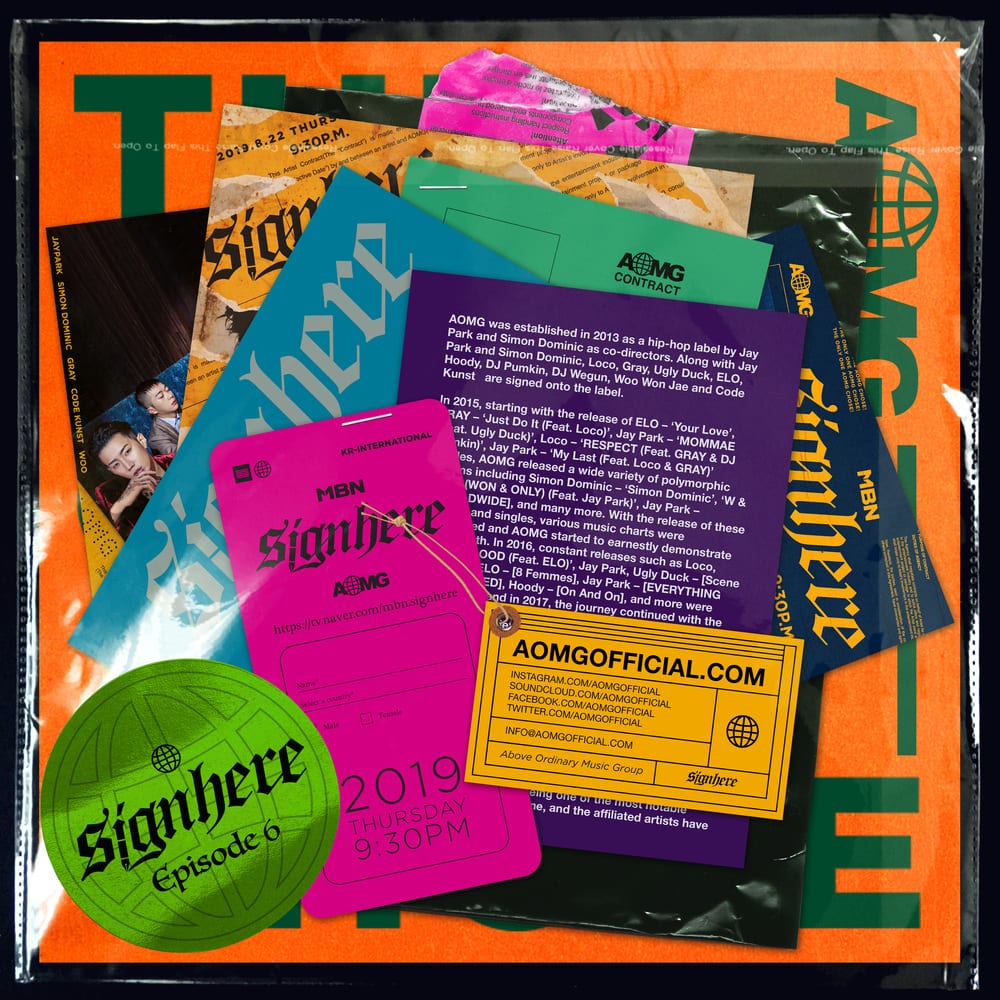Singer ron of PAKTORY COMPANY has released the song “Sober (Feat. sogumm)“, produced by dress, on the single “Naturalism, Pt. 1” today.
dress Debuts Solo Album, [How Deep Is Your Love]
Producer dress debuts solo album [How Deep Is Your Love] with 8 tracks, featuring artists like JUNNY and Sam Ock, plus a visualizer on YouTube
